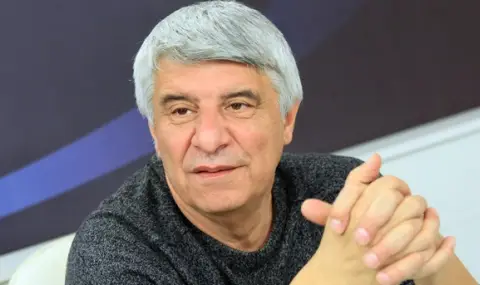The idea of the Unification is national unification and the subject of Macedonia must be present.
This is what historian Prof. Plamen Pavlov told BNR on the day of the 139th anniversary of the Unification of Bulgaria and specified:
"Tonight in the speeches of the officials, I hope it will be mentioned, because the idea of the Union is a national union, but it remains only a union, and the national union was never achieved, because as a result of world geopolitics, we we lost the wars of national unification, regardless of the millions of casualties. But the driver of these processes was precisely the Union, and here the topic of Macedonia must necessarily be present. The creation of the BTRCC, headed by Zahariy Stoyanov, was given by Spiro Kostov - a Macedonian Bulgarian who was one of Lyuben Karavelov's men, worked in his printing house. He plays no less a role than Chardafon the Great, who is the head of the military unit in Golyamo Konare, and the senior guard is precisely Spiro Kostov. And there are many other Macedonian Bulgarians. ... The Macedonian theme is very strong. From the beginning, the idea of the BTRCC was to start an uprising in Macedonia, in Rumelia.
According to the historian, the Unification is one of the dates that should be celebrated together with the Republic of North Macedonia.
Prof. Pavlov highlighted the importance of the volunteer movement during the Unification and subsequently in the defense of this act - the Serbo-Bulgarian War:
"The volunteers who join are more than 10 thousand people, we do not have an exact number. Dozens of squads have been established in Bulgaria. 11% of the military force are volunteers.
Russia, like any great power with imperial ambitions, prefers to have weak partners and create division, he emphasized in a comment on Russia's disagreement with the historic act of September 6, 1885, and added that this also applies to Austria-Hungary.
